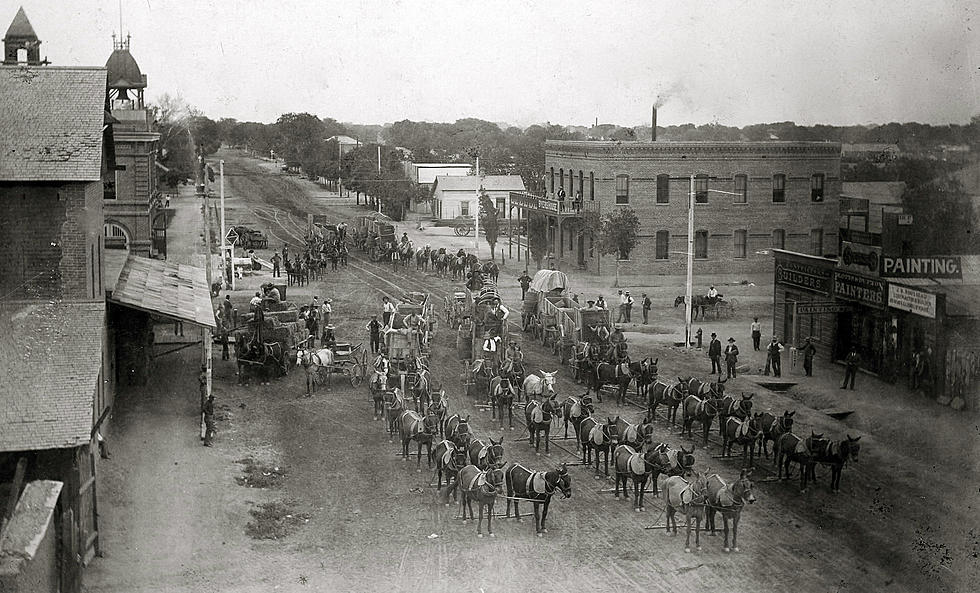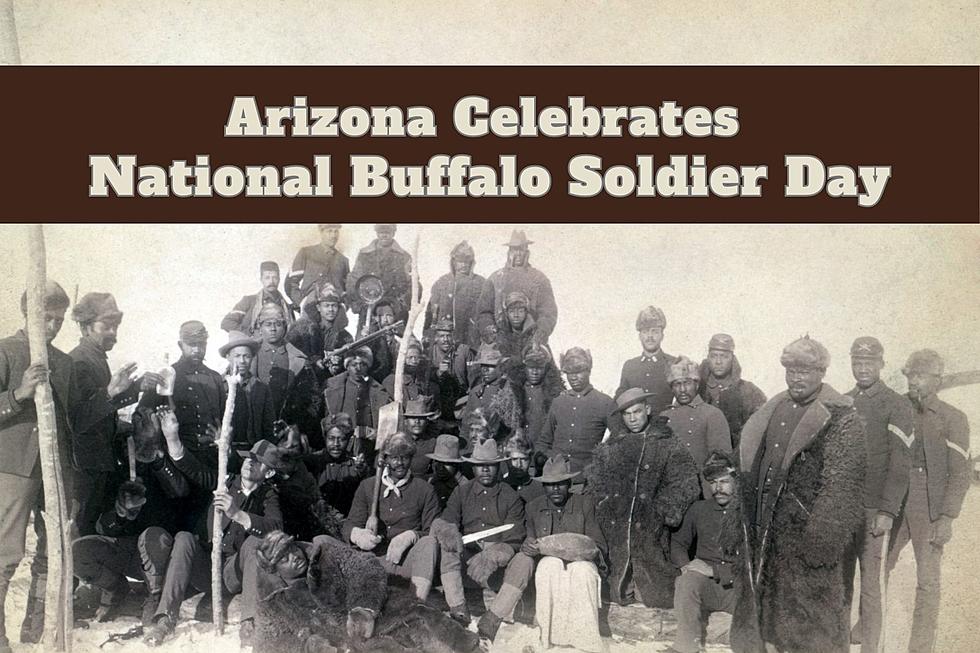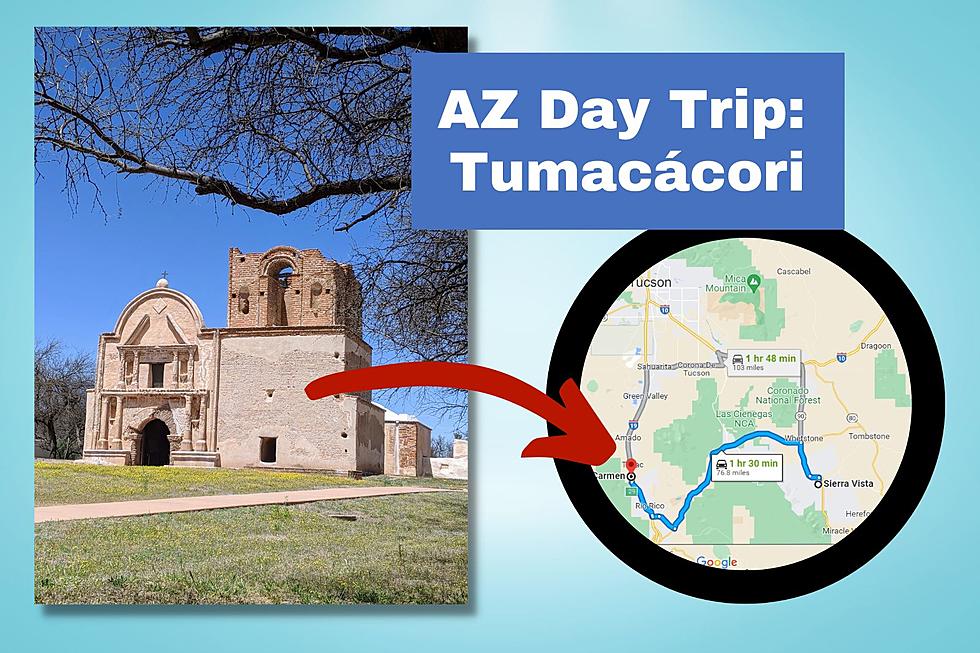
What Arizona’s Immigrant Population Looked Like in 1900
Since the first successful English colony settled in Jamestown in 1607, flows of immigrants have arrived on American shores seeking a new life. From Irish immigrants fleeing famine to Chinese immigrants settling in California during the Gold Rush, more than 86 million people legally immigrated to the United States between 1783 and 2019.
America's Melting Pot in the Grand Canyon State
There have been four major waves of immigration to the U.S., beginning with settlers from northern and western Europe seeking land on the frontier from 1820 to 1880. The immigrants counted in the 1900 Census hailed primarily from southern and eastern Europe, drawn by the call of industrialization in America. At the advent of the era of world wars, there was a dearth of immigration, but after 1965, individuals from Asia and Latin America began to move to the U.S. in droves.
Though the national immigrant population today and in 1900 is comparable by percentage, hovering around 14% of the overall U.S. population, the raw population tells a different story. Today, the U.S. is home to 44.7 million immigrants, whereas that number was just shy of 10.5 million at the time of the 1900 Census. Stacker compiled a list of the largest sources of immigrants in Arizona in 1900 by transcribing a previously untranscribed dataset from the U.S. Census Bureau. Countries are ranked by total residents who were born in that country.
Diversity in the Desert: What Arizona's Immigrant Population Looked Like in 1900
Immigration to the U.S. was handled at the state level prior to 1890, with each state government designating its own processes and checkpoints. New York originally used Castle Garden (now Castle Clinton) as its immigration processing hub, but within a few decades realized that a massive influx of immigrants necessitated a larger venue. Ellis Island opened on Jan. 1, 1892, to the first of more than 12 million individuals who entered the U.S. through its doors.
Keep reading to find out more about the historical immigrant community in your home state or explore the data on your own on our site, GitHub, or data.world.
LOOK: What Arizona's immigrant population looked like in 1900
More From K101









